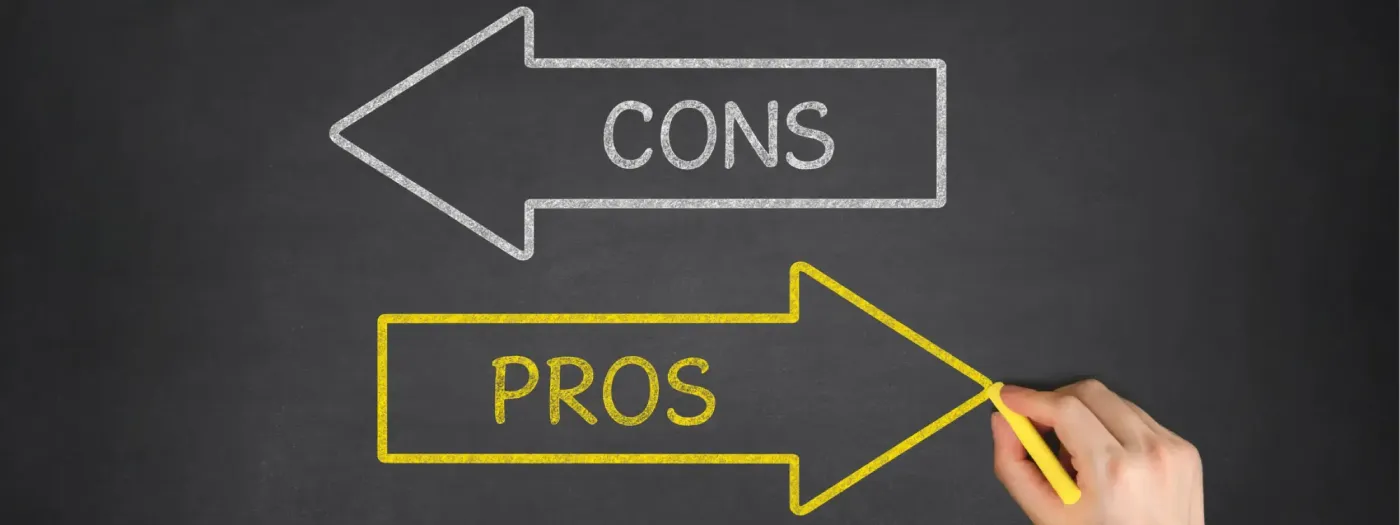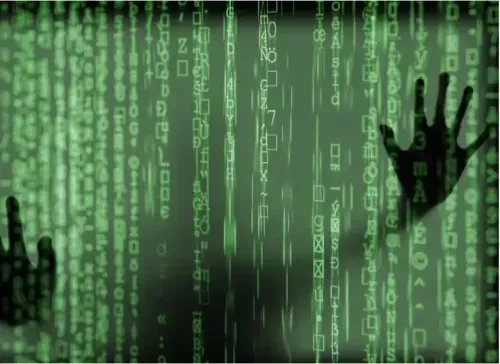What Are The Pros and Cons of a Smart Home?
Science fiction no longer finds smart homes to be the stuff of dreams. They are here and are fast altering our interactions with our living environments. But this exciting trip into the future begs problems. We will talk on the simplicity, security, and effectiveness of smart houses as well as their expenses, privacy concerns, and technological difficulties. By examining all these factors, you may determine whether a smart home will present a better future for your house and you.
The Allure of Smart Homes: The Good Stuff
Beginning with
the positives, there are plenty:
Unparalleled Convenience: The main one is unmatched convenience. Imagine
using a basic voice command or tap on your smartphone to turn on your lights,
thermostat, even coffee machine. Smart homes free you to concentrate on what counts
by automating routine chores.
Enhanced Security: Smart locks, doorbell cameras, and motion sensors give a
degree of security not possible with more conventional solutions. From miles away,
you can keep an eye on your house, get warnings for unusual activity, and even
unlock your door for visitors.
Energy Efficiency: While smart lighting systems might be made to switch off
when rooms are empty, smart thermostats learn your preferences and change the
temperature in line. This reduces your carbon footprint as well as your energy
expenses, thereby saving money.
Improved Accessibility: For those with restricted mobility or limitations,
smart home technologies can be transforming. Smart home controls and voice-activated
assistants help one to handle daily chores.
Increased Home Value: Studies indicate that, even if the precise influence
is unknown, smart homes can sell for more than average houses without smart
features. This is particularly true with well-integrated systems using respected
brands.
The Dark Side of Smart Homes: The Not-So-Good Stuff
Let us not now get carried away. Smart houses are not flawless, hence certain
possible drawbacks should be taken under account:
Cost: Especially if you are outfitting your whole house, the initial outlay
in smart home technologies might be somewhat large. While some devices may save you
money over time, others might not clearly show a return on investment.
Security Risks: Any gadget hooked to the internet runs the danger of being
hacked. Although smart home firms give security a priority, intrusions have happened
occasionally. Your personal information as well as possibly your physical safety may
thus be under danger.
Dependence on Technology: What happens should a power outage or Wi-Fi go out?
In little time your smart house could turn into a dumb house. One should have backup
plans in case.
Privacy Issues: Smart devices gather a great deal of information about your
daily activities. Although this information is frequently used to increase the
gadgets' usefulness, it also raises questions.
Making an Informed Decision: Would You Be Suited for a Smart Home?
Whether or if one decides to make investments in a smart house is a personal matter. Nobody has a one-size-fits-all solution. Think through your priorities, tech comfort level, and money. A smart home could be a fantastic investment if convenience, security, and energy economy are top priorities. You might wish to continue carefully, though, if privacy, expense, or complexity worry you.




